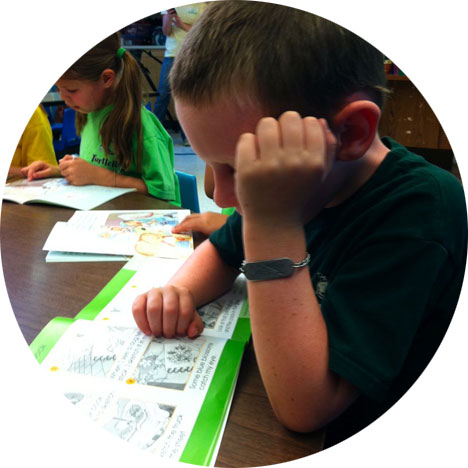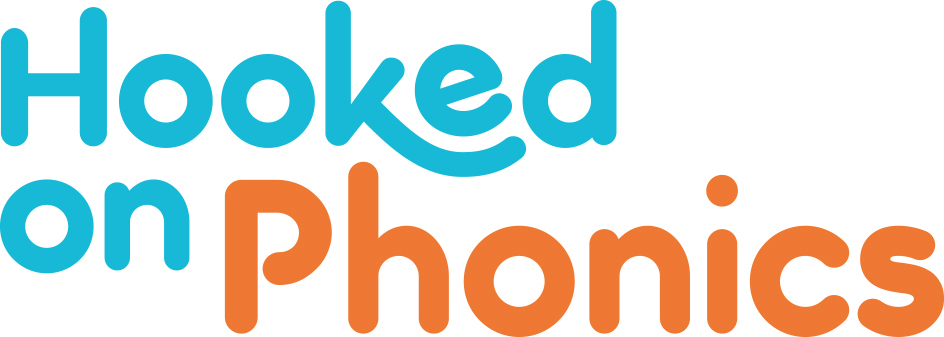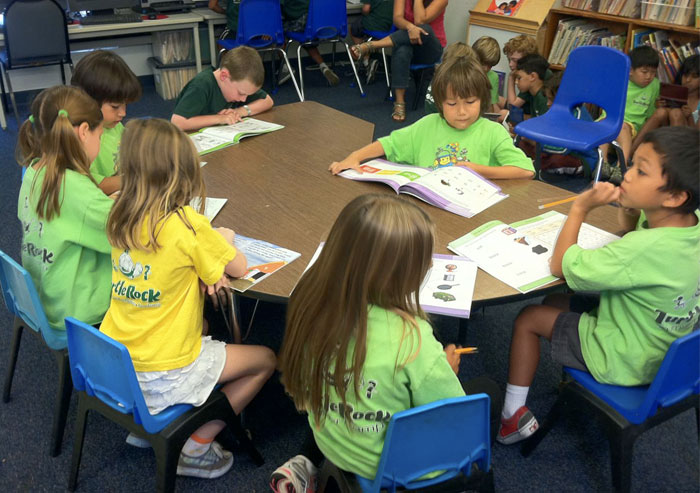The Research Behind Hooked on Phonics
July 29, 2015
Hooked on Phonics was developed by literacy experts and has continually evolved through the years using current research on the most effective methods for teaching children how to read.
Becoming a Nation of Readers
In response to the National Institute of Education’s landmark report, Becoming a Nation of Readers: The Report of the National Commission on Reading, Hooked on Phonics took to heart the committee’s conclusions in creating its reading programs. Specifically, that:
-
- Parents play an important role in laying the foundations of learning to read.
- Parents have an obligation to support their children’s continued growth as readers.
- Kindergarten programs should stress oral language and writing as well as the beginning steps of reading.
- Phonics instruction improves children’s ability to identify words.
- Reading primers should be both interesting, comprehensible, and instructive.
- Both oral and silent reading are important for the beginner.
The Hooked on Phonics White Paper outlines the specific ways in which the Commissions’ recommendations were used to develop and refine Hooked on Phonics’ reading programs.
COMMON CORE
The reading programs from Hooked on Phonics also provide systematic instruction in phonics and phonemic awareness, aligning it with Common Core Reading Foundational Skills in use across the United States.

The specific Common Core Reading Skills Hooked on Phonics addresses are:
Understanding the organization and basic features of print.
Demonstrating an understanding of spoken words, syllables, and sounds (phonemes).
- The basic knowledge of one-to-one letter-sound correspondences by producing the primary sound or many of the most frequent sounds for each consonant.
- Being able to associate the long and short sounds with the common spellings (graphemes) for the five major vowels.
- Reading common high-frequency words by sight.
- Being able to distinguish between similarly spelled words by identifying the sounds of the letters that differ.
National Institute of Education (1985), Becoming a Nation of Readers: The Report of the National Commission on Reading. Washington, D.C.: U.S. Department of Education



